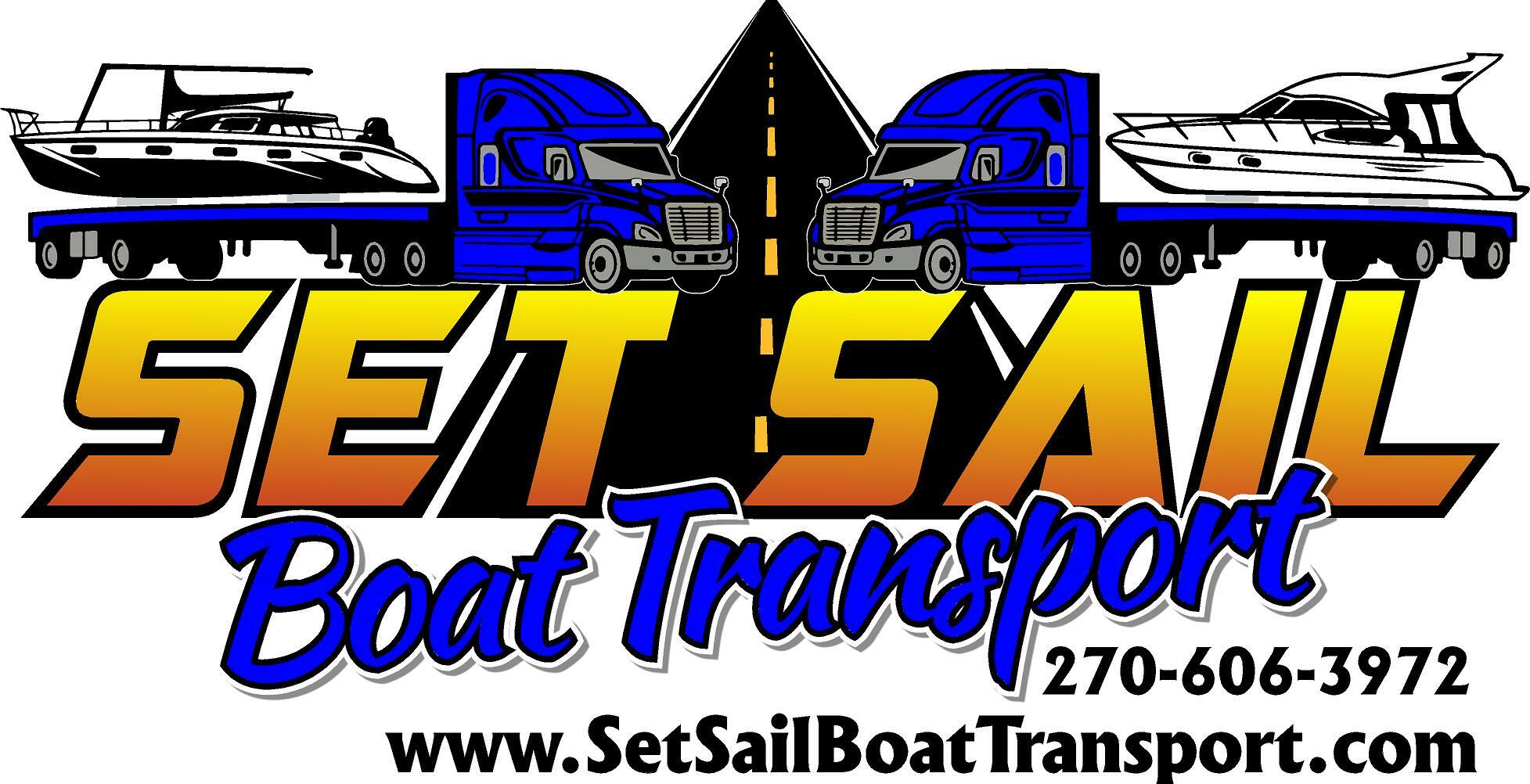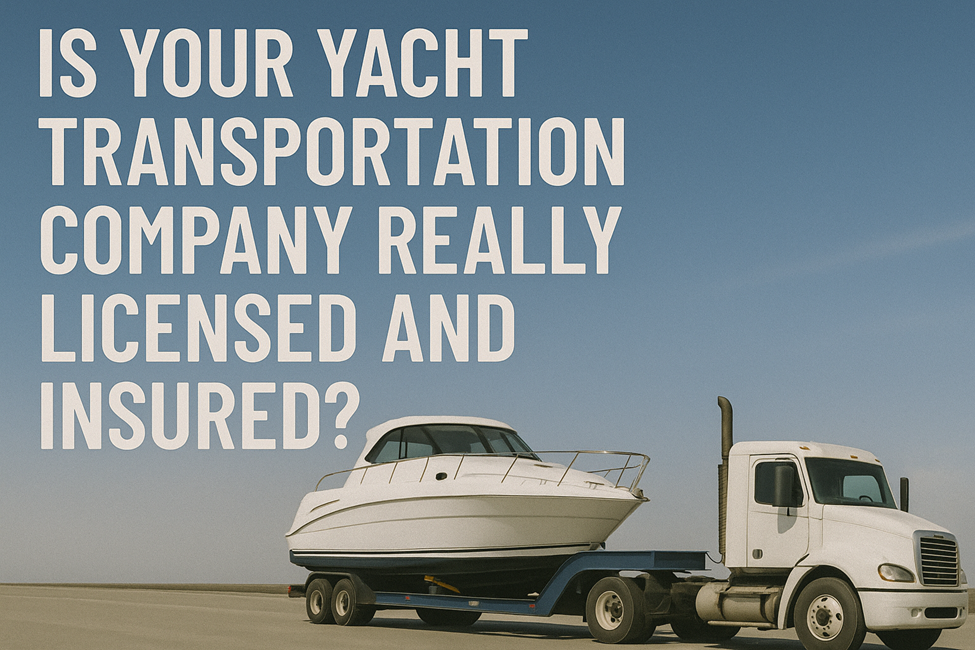
Close


A glossy website doesn’t mean they’re legally allowed to move your yacht. You’d be surprised how many so-called yacht transportation companies look legitimate online, with polished photos, big promises, and even fake testimonials. But behind the curtain, some are unlicensed, underinsured, or even unqualified.
With the rise of yacht transport company services and the big dollars attached to it, scammy operators have unfortunately entered the market, hoping to get you into a trap. And unfortunately, yacht owners often only find out the hard way.
Shady operators are everywhere, and protecting your yacht against them is necessary. But protecting against such companies is difficult because they have found ways to fool even the wisest of people. Then how do you protect your investment? It all starts with knowing the basics.
Transporting a yacht on land isn’t like calling a tow truck and getting your car towed. It is a highly regulated process with strict federal and state-level requirements. It requires businesses to be registered with the Federal Motor Carrier Safety Administration (FMCSA), and all legitimate companies are registered. This is a strict code of conduct to show that they follow safety standards, file annual updates, and are authorized to carry oversized cargo across state lines.
On top of that, they need active insurance policies—specifically:
Anyone can say they’re licensed, but there’s a clever way to check that. Ask for their DOT number and MC number, and verify them on the FMCSA website. It’s free, fast, and gives you the company’s status, safety rating, and insurance filings.
This doesn’t end here. If your boat is moving from one U.S. state to another, the transporter must have interstate authority, not just local or intrastate permits. Also, double-check if they’re truly a US-based yacht transport service, not an overseas broker outsourcing the move.
Just like licenses, anyone can say they are insured. Don’t just ask, “Are you insured?” Instead, request a Certificate of Insurance that clearly shows a cargo coverage limit, which should be equal to or higher than your yacht’s value, effective dates, and policy type, which should include marine transport or oversized haulage. Also, ask what isn’t covered.
You don’t need a law degree or a transport license to identify a scammer. Follow these steps to perform a quick legitimacy test:
Choosing the wrong yacht transportation company has some serious consequences. Your yacht is a big investment, and cutting corners to transport it will only get you into trouble. And when things go wrong with an unlicensed or uninsured transporter, they go very wrong:
This one is critical. A scammy yacht transportation company will cut corners on permits, and your boat could be impounded if stopped by highway patrol for missing permits. The worst part is that you have to deal with it yourself
Without proper insurance, any accident can happen. The load is fully on you, even if it was their fault.
This is the worst problem you could face. If an uninsured transporter causes a traffic incident, you could be held liable as the cargo owner. You basically have to pay for crimes you didn’t commit, which you don’t want to do.
On the other hand, working with reputable US-based yacht transport services has great rewards. They provide you with the following benefits:
Shipping your yacht isn’t like transporting your normal car; it’s a million-dollar investment that needs to be shipped with high care. For that reason, choosing a transporter isn’t just about price or convenience. It’s about trust, compliance, and accountability. So don’t be fooled by shiny websites or bargain quotes; instead, ask the right questions, check their credentials, and avail quality services.